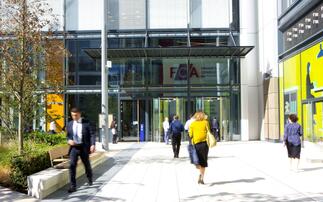British taxpayers stand to make a £5bn profit from insuring the toxic assets of RBS and Lloyds, despite not yet having paid a penny.
In its first annual report published yesterday, the Asset Protection Agency (APA) said it was now confident that it would be profitable for taxpayers who have not yet been called upon to put up a penny, the Daily Telegraph reports. The accounts also reveal that Royal Bank of Scotland continues to pay large fees to the state for insuring its losses. Stephan Wilcke, chief executive of the APA, said he was "90pc certain" that the Asset Protection Scheme (APS) he is responsible for would make a profit of at least £5bn, and possibly as much as £6bn. FULL STORY One of the Bank of England...
To continue reading this article...
Join Professional Adviser for free
- Unlimited access to real-time news, industry insights and market intelligence
- Stay ahead of the curve with spotlights on emerging trends and technologies
- Receive breaking news stories straight to your inbox in the daily newsletters
- Make smart business decisions with the latest developments in regulation, investing retirement and protection
- Members-only access to the editor’s weekly Friday commentary
- Be the first to hear about our events and awards programmes







